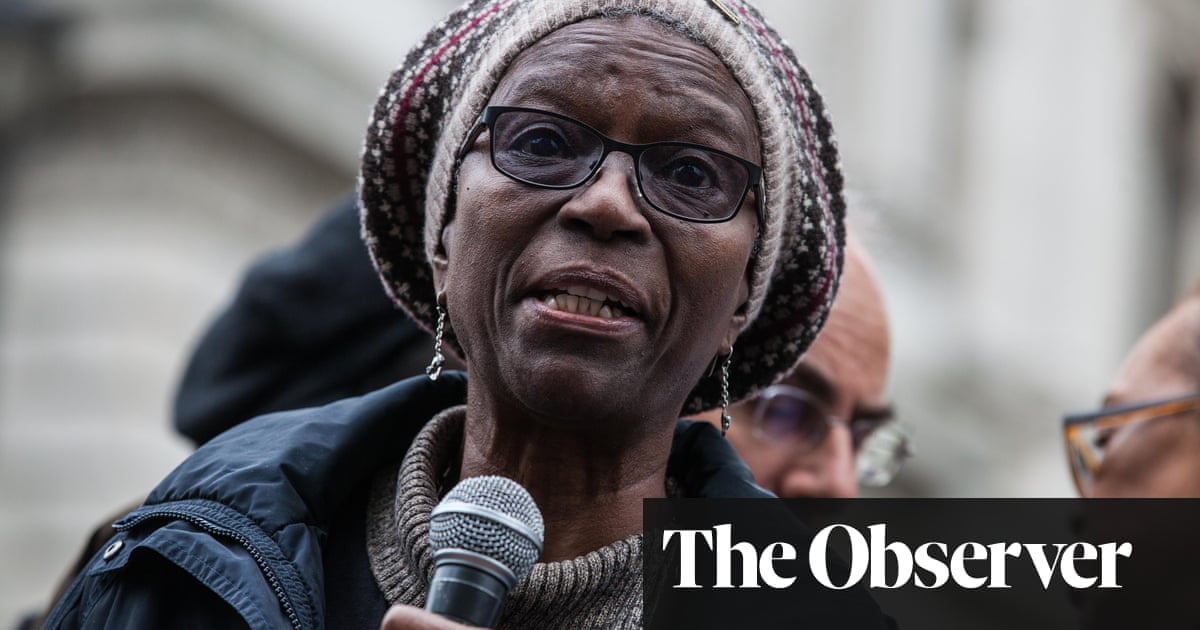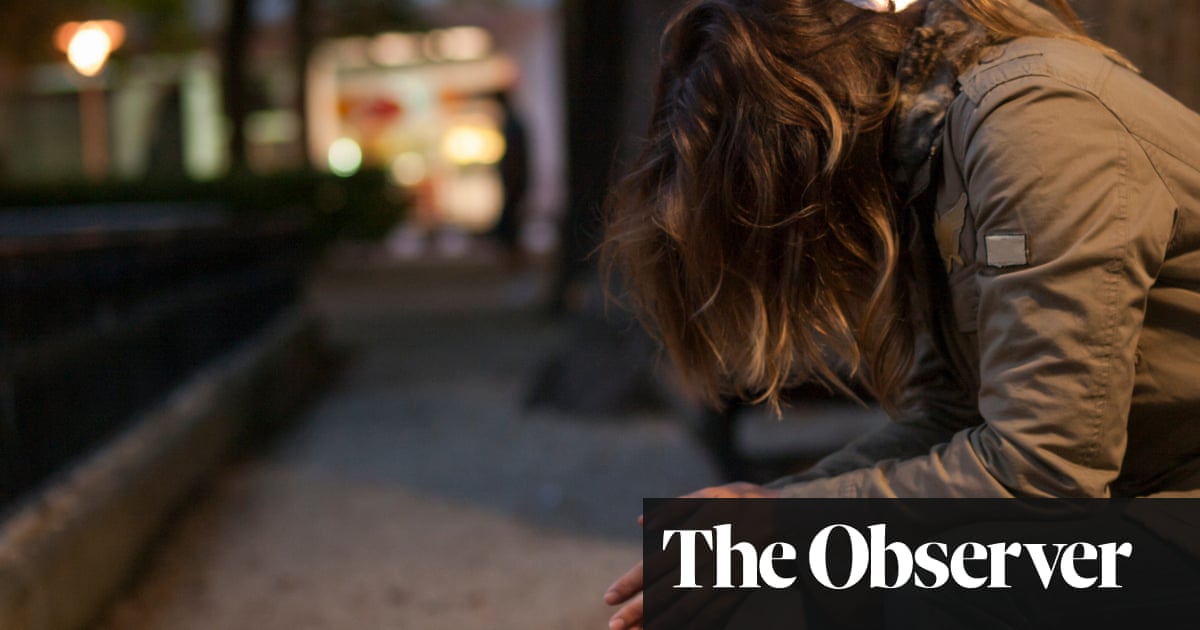
Nearly 2,500 additional patients were discharged from mental health units across England at the beginning of the Covid-19 lockdown, prompting concern that vulnerable people were released into the community before they were ready.
Official data analysed by the charity Mind showed 11,829 patients were discharged from mental health units in March 2020, a sharp rise from 9,836 last year and up by 2,441 from the February before lockdown started. The number of discharges fell back to 8,426 in April.
One of the patients released early was a man with severe mental health problems who was now missing in Spain. His family told the Guardian that they believed he was discharged too soon.
Alison Cobb, specialist policy adviser at Mind said: “NHS data shows that in March mental health trusts across the country followed guidance to discharge as many people as possible to clear space for Covid-19 patients, including patients detained under the Mental Health Act and those on acute wards.
“While rates of people being discharged slowed in April, we remain concerned about the impact on people who were receiving hospital treatment for their mental health who were sent home. This is particularly worrying in situations where community teams were affected by sickness and redeployment and were having to adapt the support they could offer.”
Among those released early was a 59-year-old man, who cannot be named as he has paranoid schizophrenia. He was an inpatient at Bluebell Lodge, a rehabilitation unit that is part of the Central North West London NHS foundation trust, before being released at the beginning of April, against the wishes of his family and has since fled to Europe.
His daughter said: “He has been in and out of hospital. He was admitted in August last year to Bluebell and it was meant to be place where he had more freedom, the opportunity to do different therapies, such as art therapy.”
“I was told in a phone call that he would be released early as they needed to free up space due to coronavirus, and the hospital would go into lockdown,” she claimed.
She said that when her father was released, she was told she could not see him owing to rules about mixing with other families and the risk of Covid-19 infection. She added that he had become reluctant to attend his regular appointments to receive injections of antipsychotic medications and told her that he was relapsing.
“He wasn’t well and has now run away … when he was released into the community they should have made sure there was sufficient provision about how they were looking after him during lockdown,” she said.
The man was unable to see people because of quarantine rules and his daughter said it would have been a shock to him going from full-time care to living alone in his flat.
His family are now trying to find him in Spain, and said they felt let down by the failures in his care.
A Central and North West London trust spokesperson said: “When a mental health inpatient stay is brought to an end, it is a clinical decision and people will have support provided out of hospital, sometimes with legal backup if needed.
“Some decisions were made faster because of Covid (the worry about becoming infected on a ward, not space) but the same principles apply – is community treatment justified, in a doctor’s opinion? A person’s history of compliance with previous arrangements is relevant too.”
Another patient released early was Alima, 38, who said she was in hospital when coronavirus struck.
“It was quite an experience for everyone on the ward, it went from a full two wards down to only two patients left on the ward as they were all discharged. On the ward downstairs it was the same – people were being discharged when they were not necessarily well enough.”
Adrian James, the president of the Royal College of Psychiatrists, said the impact of the crisis on mental health services had already been devastating.
“The pandemic has made it much harder to offer the right care and treatments to people with mental illness,” he said. “Inpatient and community services should be joined up, and if a patient is able to be discharged, then support in the community should be in place to ensure that their care continues in the safest way possible.”
An NHS spokesperson said: “Decisions about treatment are made by expert clinicians and people should only be discharged when it is safe to do so. Doctors may assess that it is safer for some patients to continue their treatment in the community to minimise the risk of infection.”












